ANTD.VN - The State Bank has submitted and received approval from competent authorities for the compulsory transfer policy for 04 specially controlled banks, and is currently conducting a comprehensive assessment to have a basis for developing a restructuring plan for SCB.
Reporting on the implementation of solutions to restructure the system of credit institutions (CIs) associated with handling bad debts, the State Bank of Vietnam (SBV) said that some positive results have been achieved so far.
In particular, for banks under special control, up to now, the State Bank has submitted and received approval from competent authorities for the compulsory transfer policy for 04 banks under special control. It is known that of the 4 banks under special control, 3 banks have been compulsory buyers (CBBank, OceanBank, GPBank) and DongA Bank.
Currently, the State Bank is directing relevant parties to carry out the following contents to submit to the Government for approval of the restructuring plan of these banks according to prescribed procedures.
Particularly for Saigon Commercial Joint Stock Bank (SCB), which has been placed under special control since October 2022, the State Bank has promptly and actively coordinated with ministries and branches to deploy solutions in accordance with legal regulations to ensure the safety of the banking system and ensure the rights and interests of depositors; regularly review and monitor to promptly handle untrue information that causes public confusion.
“Up to now, SCB's operations are still under control and gradually stabilizing; there have been no incidents of insecurity or disorder in areas where SCB branches and transaction offices are located,” the State Bank said.
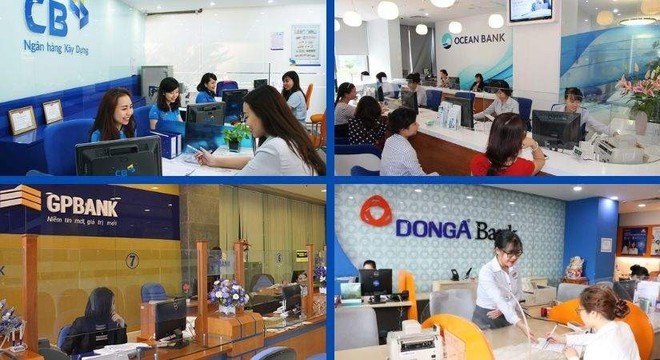 |
Four banks under special control will be forced to transfer |
The State Bank of Vietnam said that state-owned commercial banks continue to play an important role in the system of credit institutions as well as participating in supporting and handling weak credit institutions. Joint-stock commercial banks basically focus on consolidating and comprehensively rectifying financial, governance, and bad debt handling aspects, enhancing control measures to improve credit quality, business efficiency and competitiveness, and enhancing transparency in operations.
The State Bank of Vietnam has submitted to the Prime Minister a plan to invest additional state capital at Vietcombank through paying dividends in shares from the remaining profits in 2019 and 2020 after paying cash dividends;
Direct Vietcombank, Vietinbank, and BIDV to develop a plan to increase charter capital from after-tax profits and funds in 2021 to submit to the Prime Minister for approval;
At the same time, submit to the Prime Minister and draft a report to the National Assembly on the plan to increase Agribank's charter capital.
For the People's Credit Fund (PCF) system: The State Bank continues to focus on directing units in the industry to deploy solutions to strengthen and consolidate the PCF system.
In particular, directing the State Bank branches to closely monitor, inspect and supervise the operations of the People's Credit Fund system; drastically implementing plans to handle weak People's Credit Funds and specially controlled People's Credit Funds; considering allowing a pilot program to handle weak People's Credit Funds and specially controlled People's Credit Funds with small scale (small amount of deposits and depositors)/People's Credit Funds with no deposits or deposits within the payment limit of deposit insurance through bankruptcy plans after fully assessing the impact and risks to political security and system safety.
Regarding bad debt, by the end of February 2023, the on-balance sheet bad debt ratio by the end of February 2023 was 2.91% (up from 2.46% at the end of 2016; 1.49% at the end of 2021 and 2.0% at the end of 2022).
Although according to reports from credit institutions, the ratio of bad debt on the balance sheet is controlled at below 3%, however, through review and assessment, the State Bank found that there are some amounts that are not considered bad debt according to current law but are at risk of being converted to bad debt (such as debts that are restructured and kept in the same debt group, investments in corporate bonds for the purpose of debt restructuring, bad receivables, interest receivables that must be withdrawn...).
Therefore, it is necessary to record these amounts to have management and handling solutions to prevent the risk of bad debt transfer in the future. Based on that principle, the State Bank determined that the total bad debt on the balance sheet, debt sold to VAMC that has not been handled and debt potentially becoming bad debt of the credit institution system by the end of February 2023 is estimated to account for 5% of the total outstanding debt.
Source





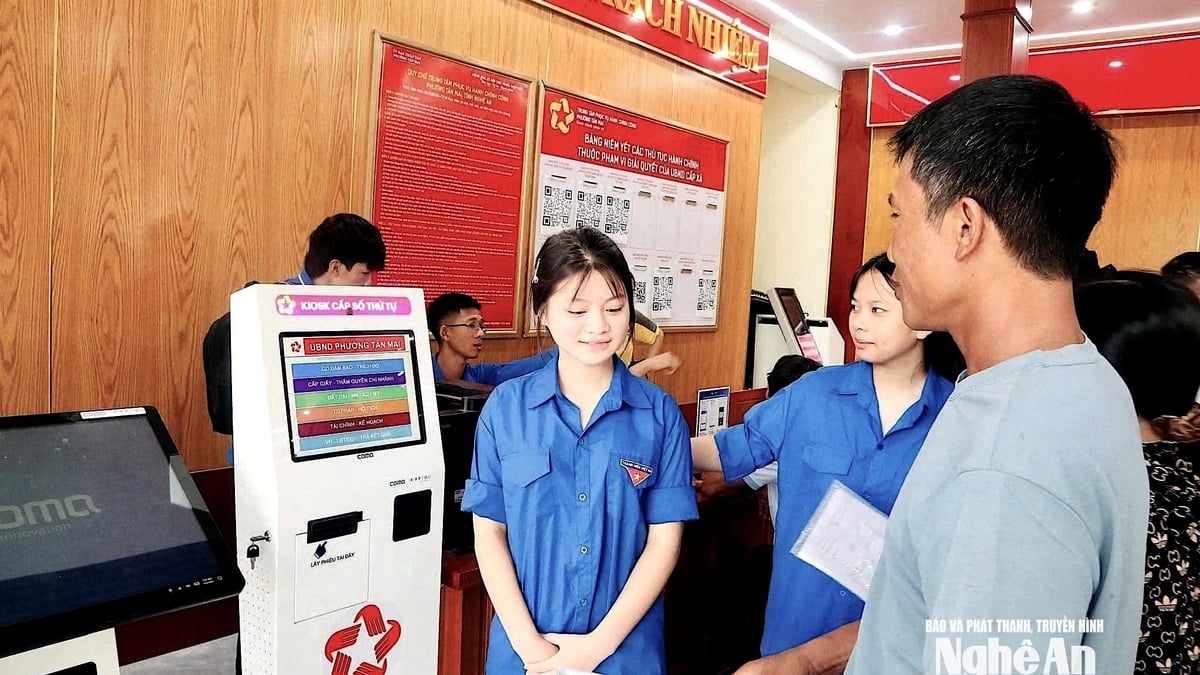

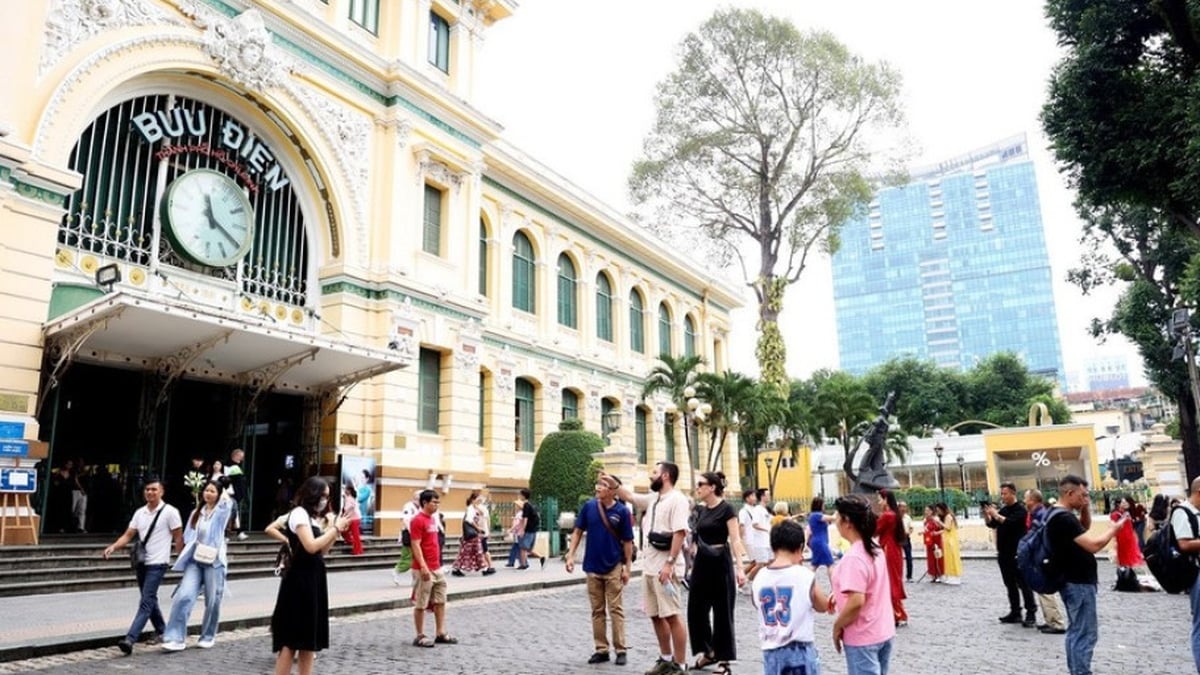
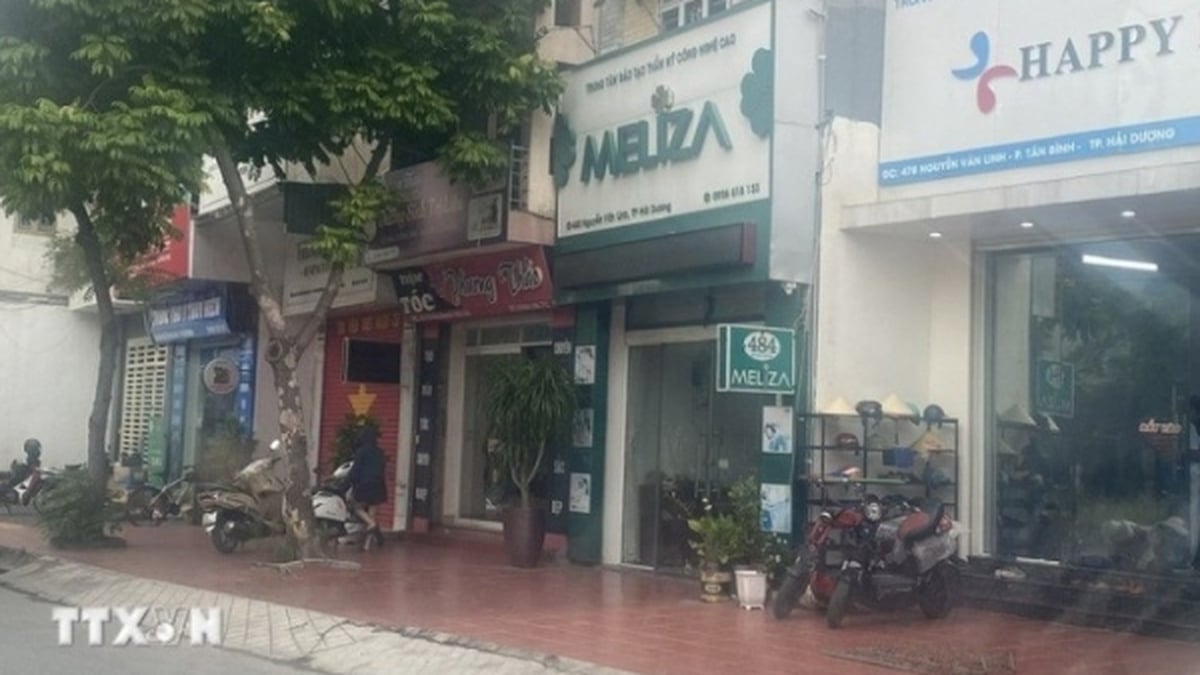


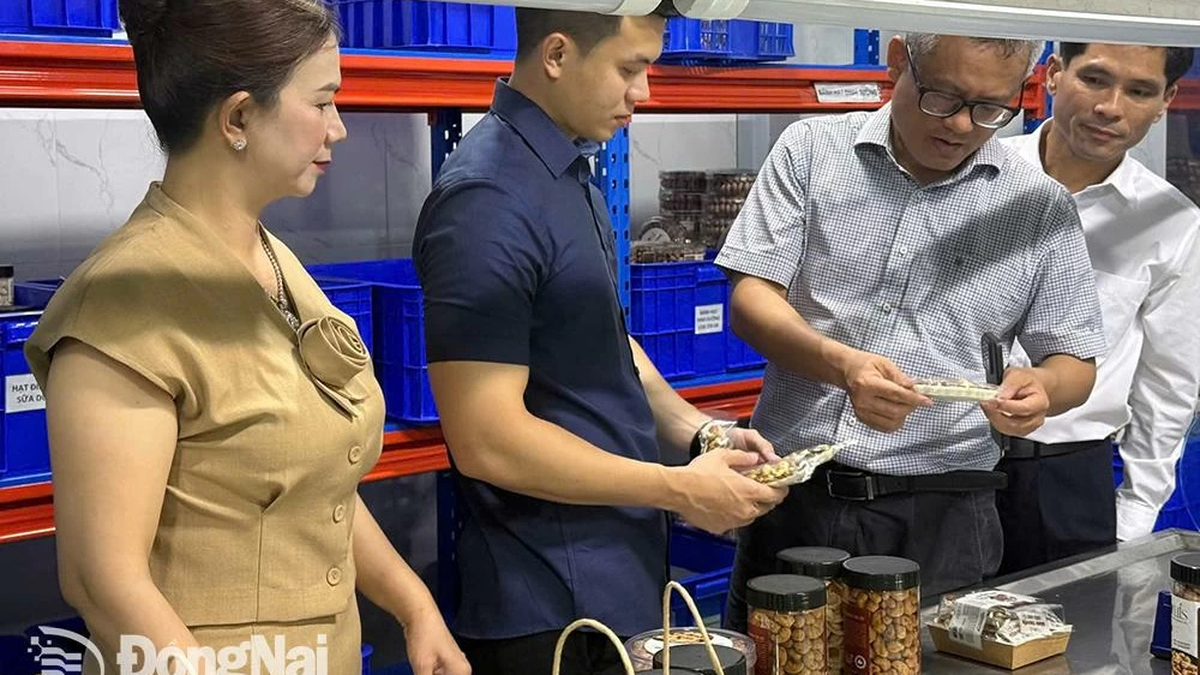
























































































Comment (0)